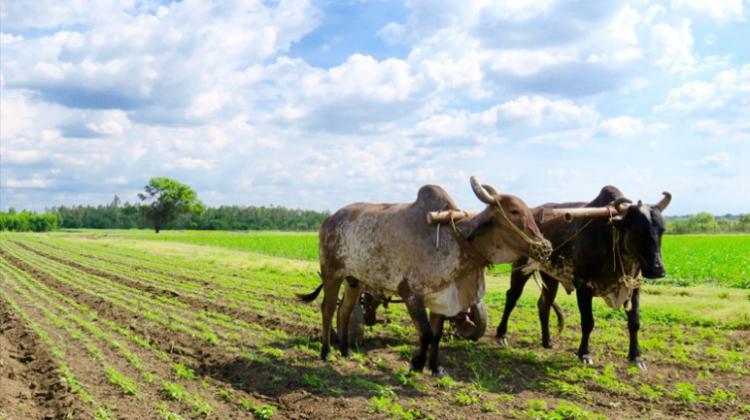Leverage Points: Opportunities for increasing food production in developing countries

This project supported donors, government agencies, NGOs, and aided organizations in their efforts to maximize their impact on food security. It addressed the possibility of increasing food production by closing yield gaps (differences between observed and maximum attainable crop yields). These gaps are particularly large in developing countries with scarce or unreliable water resources, poor soils, low incomes, and inadequate transportation infrastructure. Options for increasing yield in such regions include expansions in irrigated agriculture and fertilizer use, improved pest prevention techniques, use of improved cultivars, and adoption of sustainable cultivation practices that enhance soil quality.
The team of this project used global data sets and advanced technology to screen for sites where conditions appear to be favorable for yield improvements. Screening criteria included water availability, soil properties, terrain, and proximity to markets. Focused field studies at the selected sites determined the likelihood that yield improvement interventions will be effective in practice. This team’s effort relied on a unique and powerful combination of quantitative resource assessment techniques and qualitative anthropological methods. The field studies assessed feasibility by examining the preferences, capabilities, and experiences of farmers and other stakeholders; the effectiveness of past agricultural development projects; local infrastructure, and possible sociopolitical and economic barriers to successful interventions. These activities were coordinated through an alternating schedule of screening analyses conducted at MIT and field visits carried out during winter and summer breaks. The project produced a set of implementation guidelines that describe how to achieve practical long-term improvements in agricultural productivity. These guidelines reflect both engineering and anthropological insights gained from the project and have been communicated through a series of workshops.


